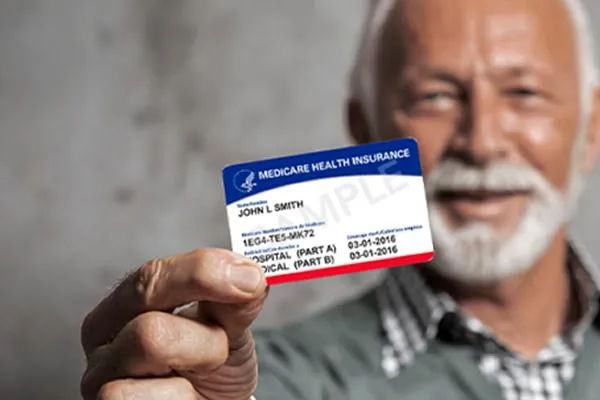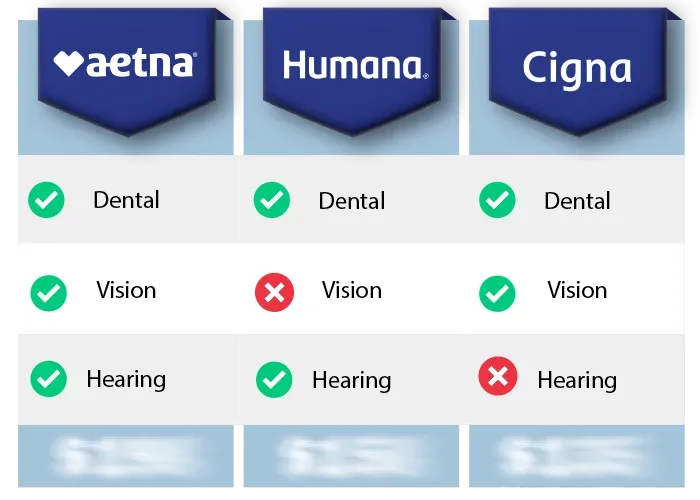
Hearing Aids Approved Medicare: Navigating the Approval Process and Options for Seniors
Hearing Aids Approved Medicare: Navigating the Approval Process and Options for Seniors
For many seniors, hearing loss is a significant concern that can impact everyday communication and quality of life. Understanding what hearing aids are approved by Medicare is crucial for those looking to mitigate the costs associated with hearing aids. This article explores the intricacies of Medicare-approved hearing aids, including the approval process, eligibility criteria, and the available options that can help seniors improve their hearing health effectively.
Overview of Medicare and Hearing Aid Coverage
Medicare, the federal health insurance program for individuals over the age of 65, generally does not cover hearing aids or routine hearing exams under its Original Medicare (Part A and Part B) plan. This often leads to misconceptions and questions about what exactly is covered and under what circumstances.
What Medicare Covers
Medicare Part B: It may cover diagnostic hearing and balance exams if your doctor orders them to rule out or treat a medical condition that requires specific treatment. This coverage does not extend to the hearing aids themselves.
Medicare Part C (Medicare Advantage): Some Medicare Advantage plans offer additional benefits, including coverage for hearing aids. These plans are offered by private insurance companies and may vary significantly in terms of what they cover and how much they cost.
Medicare Advantage and Hearing Aid Coverage
Medicare Advantage plans can include extra benefits that Original Medicare does not cover, such as dental, vision, and hearing aids. The coverage details for hearing aids can vary widely:
Types of Coverage
Full or Partial Coverage: Some plans may cover the full cost of hearing aids, while others might cover them partially.
Annual Hearing Aid Allowance: Certain plans provide a stipend or allowance that can be applied towards the purchase of hearing aids.
Preferred Providers: Plans may require purchasing hearing aids from a network of approved providers to qualify for coverage.
How to Find Out What Is Covered
Plan Details: Always check the specific details of your Medicare Advantage plan to understand the extent of hearing aid coverage.
Speak with a Representative: Contacting a plan representative can provide clarity on what benefits are included and any potential out-of-pocket costs.
Alternative Ways to Access Hearing Aid Coverage
For those not covered under Medicare Advantage, there are other ways to access affordable hearing aids:
Medicaid Coverage
State-Specific Benefits: Some states offer Medicaid benefits that cover hearing aids, especially for those who meet certain income criteria.
Veterans Affairs Benefits
For Eligible Veterans: The VA provides hearing aids to those who have specific service-related conditions or who meet particular medical criteria.
Non-Profit Organizations and State Programs
Assistance Programs: Various non-profit organizations and state-funded programs offer support and financial assistance for seniors needing hearing aids.
Choosing the Right Hearing Aids
Selecting the right hearing aids involves understanding your specific hearing needs and how different devices might meet those needs:
Types of Hearing Aids
Behind-the-Ear (BTE): These sit behind or on top of the outer ear with tubing that routes sound down into the ear.
In-the-Ear (ITE): These are custom-fit devices placed directly in the outer ear.
Completely-in-Canal (CIC): These are nearly hidden in the ear canal and are suitable for mild to moderate hearing loss.
Factors to Consider
Severity of Hearing Loss: The type of hearing loss you have can dictate the most suitable type of hearing aid.
Lifestyle Needs: Your daily activities and environments also influence the choice of hearing aids.
Budget: Consider your budget and what options are available within it, especially if you are purchasing without Medicare or insurance coverage.
Conclusion
While Original Medicare does not cover hearing aids, many Medicare Advantage plans do. Seniors should explore all available options, including alternative insurance plans, state assistance programs, and non-profit organizations. Understanding the different types of hearing aids and how they align with personal hearing needs and lifestyles is essential for making an informed decision that enhances daily communication and overall life quality.

Copyright © 2025 Senior Benefits Guide All Rights Reserved.
204 Church St Suite 1A, Boonton NJ 07005
Disclaimer: This website is not affiliated with the Medicare/Medicaid program or any other government entity. The information provided on this website is for informational purposes only. It is not intended to be, nor does it constitute any kind of financial advice. Please seek advice from a qualified professional prior to making any financial decisions based on the information provided. This website acts as an independent digital media & advertising publisher. This webpage is formatted as an advertorial. An advertorial is an advertisement that is written in an editorial news format. PLEASE BE AWARE THAT THIS IS AN ADVERTISEMENT AND NOT AN ACTUAL NEWS ARTICLE, BLOG, OR CONSUMER PROTECTION UPDATE. This website MAY RECEIVE PAID COMPENSATION FOR CLICKS OR SALES PRODUCED FROM THE CONTENT FOUND ON THIS WEBPAGE. This compensation may affect which companies are displayed, the placement of advertisements, and their order of appearance. Any information, discounts, or price quotations listed may not be applicable in your location or if certain requirements are not met. Additionally, our advertisers may have additional qualification requirements.
Our goal is to provide exceptional service. One of our agents may reach out to you to discuss your order, ask for feedback, and/or see if you need any assistance with your products, services, or plans, at the phone number you provided regardless of your do-not-call list status. You may opt-out of further contact at any time by simply telling our customer service team that you would no longer like to be contacted. In the event that our team is unable to reach you by phone, they may send you a text message letting you know that we called. Both our text messages and phone calls may be sent or connected utilizing automated software. Carrier charges may apply. You may opt-out of any future contact via text message by replying anytime with "STOP".
Copyright © 2025 All Rights Reserved.
Find Medicare Advantage Plans in 3 Easy Steps

